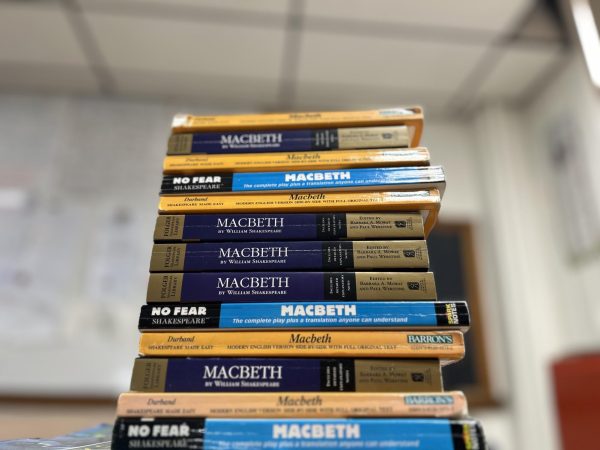How Important Should Standardized Tests Be?
With the PSAT quickly approaching, I think it’s worth considering the concept of standardized testing. Doing well on tests like these is important because of their value in the college admissions process, and because they can be the qualifier for important scholarships. There has long been debate over whether tests like these are accurate measures of student achievement, though. Regardless of whether the concept is good or bad, I believe there are problems with the design, and that because of this, standardized tests should not play such an important role in college admissions.

Photo courtesy of flickr.
First, the time limit forces students to rush. Most people find standardized tests to be a stressful experience, and for good reason. The SAT requires you to answer 154 questions in 180 minutes. That gives an average of about 70 seconds per question. That’s often not enough time to get through all the sections without rushing. For me, throughout the whole experience there is an ever present feeling that I’m running out of time, that I’d better speed up. The stress of that can make it difficult to focus entirely on the questions.
Although deadlines and time limits exist in real life, forcing people to rush only hinders their performance. On his podcast Revisionist History, Malcolm Gladwell argues that standardized tests (specifically the LSAT, which determines law school admissions) favor people who can read and think quickly. The tests have been carefully designed not to favor particular racial or social classes, but they continue to give an advantage to those who can think in a particular way. Although providing more time would make it harder to weed people out, it would allow students to do their best and go at a pace that is more comfortable to them.
Second, there is a lack of diversity in the questions. The PSAT consists of reading, writing, and math sections, but within those, the questions follow largely the same format. Analyze a section of text, fix grammatical errors, or solve math problems. These are important skills, but answering these questions can become tedious. Maybe mixing up the questions to include more innovation, creativity, and depth in the answers would be a good change. The current format can also put low income students at a disadvantage. Learning strategies and becoming familiar with the way the questions are asked is important, but test-prep materials can be expensive. (College Board has recently attempted to fix this by introducing free test-prep through Khan Academy)
Finally, standardized tests are not necessarily an indicator of how students will perform in the future. A study comparing students who either did or didn’t submit the SAT found no difference in their college grades. Standardized tests are important to college admissions because they rank people, but those rankings are not necessarily reflective of how somebody will perform in other situations.
Many schools have become test-optional in recent years, including George Washington, University of Chicago, Bowdoin, and Wesleyan University. I think this is the right path to take. A test score should not put a label on your ability to perform well in other academic settings. If you score well, it should be helpful, but if not, it shouldn’t be harmful. We are complex people with many strengths and weaknesses, and trying to judge them based on a test score is a bad idea.

Hello! I'm a Senior at Hellgate and this is my second year writing for the Lance. In addition to writing, I enjoy mountain biking, playing cello, and competing...




